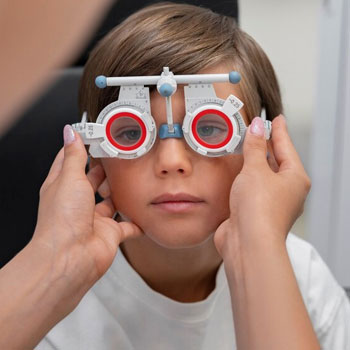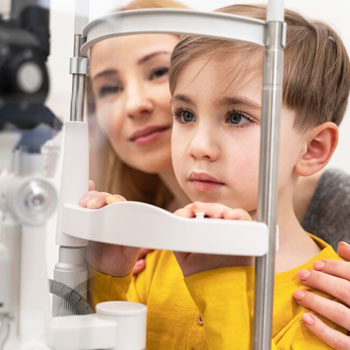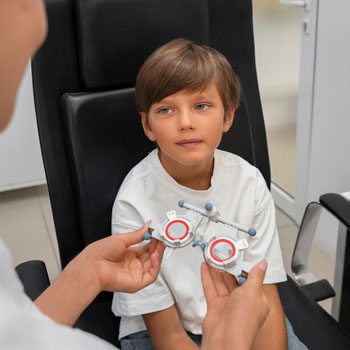
One of your child's eyes may turn inwards, outwards, upwards or downwards, while the other eye looks forward. Squints may not be constant, and a minor squint isn't always obvious.
A squint can cause blurred or double vision, but children may not realise there's a problem.
Left untreated, lazy eye (amblyopia) can develop. This is when the brain starts to ignore signals coming from the eye with the squint.
To be most successful and avoid long-term problems, most squints should be treated as soon as possible. Treatment is most effective in very young children.


If other treatments aren't successful, surgery will probably be required. This involves moving the muscles that control the movement of the eye to improve their alignment and help the eyes work together.
Risks from surgery are rare, although sometimes more than one operation will be needed.